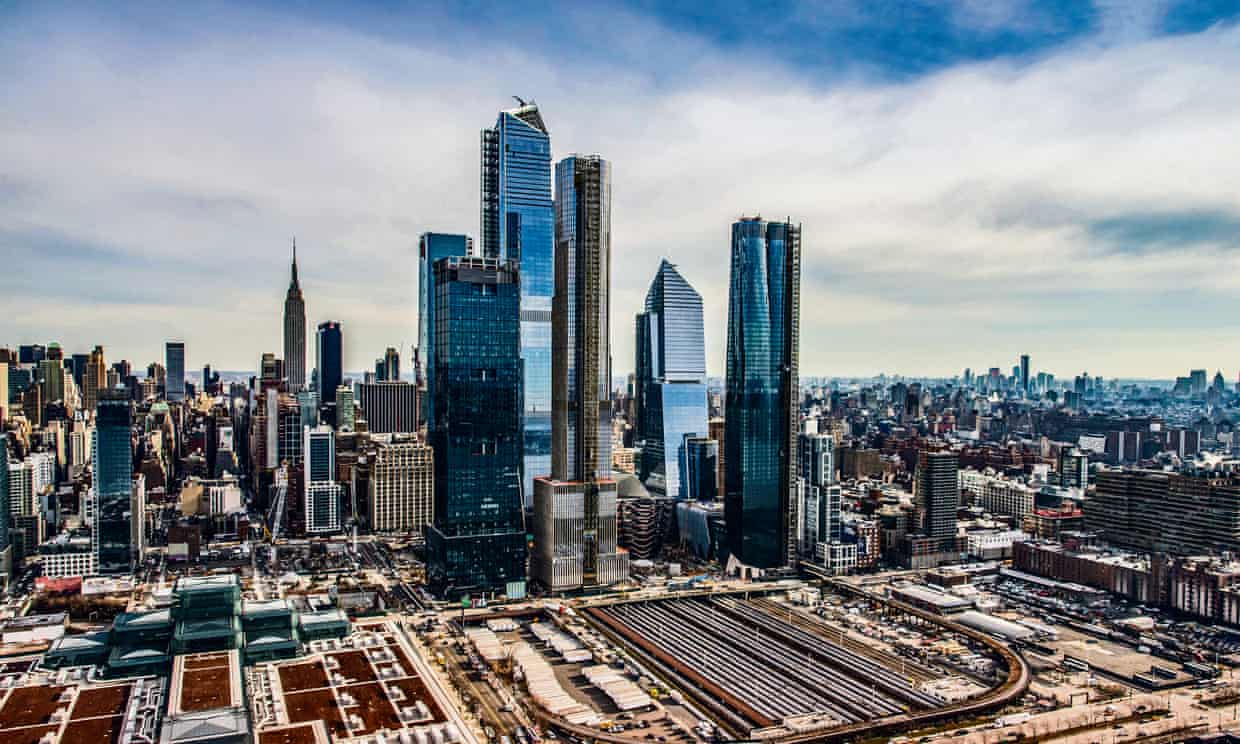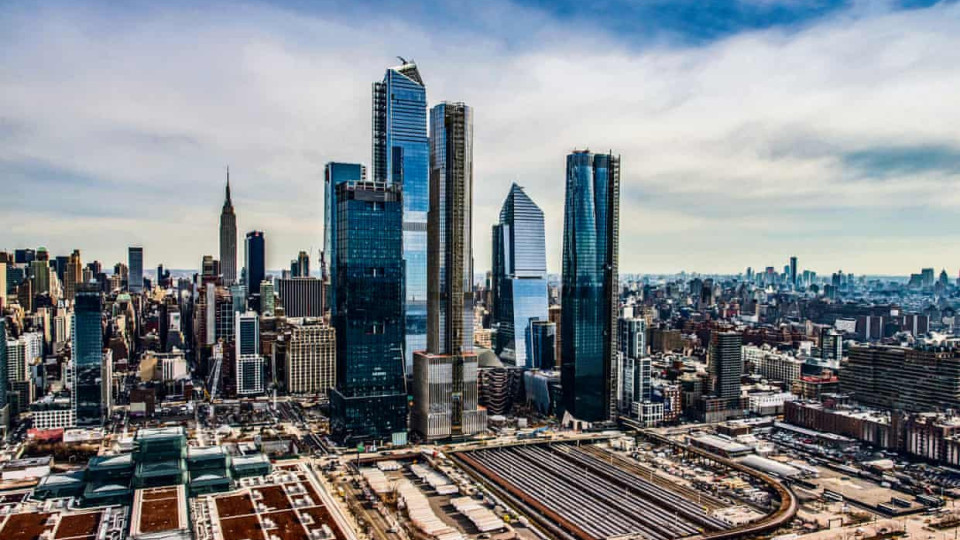
In the 1980s FTSE 100 bosses were paid 20 times their staff’s average, now that pay gap is 129 times

Over the weekend, an heir to the Walt Disney fortune entered the debate over high levels of corporate pay and increasing inequality.
Besides marking a significant intervention over Disney’s legacy, his granddaughter Abigail Disney’s comments about company chief executive Bob Iger’s remuneration come as the latest signal that the gap in pay that has opened up between company boardrooms and ordinary workers is reaching unsustainable levels.
Since the 1980s, the gap between the wages for an average worker and the boss of their company has ballooned, as executive pay has boomed and average salaries grown by far less. The average pay ratio between FTSE 100 chief executives and their staff has gone from 20:1 in the 1980s to 129:1 in 2016.
In the US, the situation is far more extreme. The bosses of the top 350 firms in the US earned 312 times more than their workers on average in 2017, up from around 50 to 1 in the 1980s.
Outrage has been expressed before, but the Disney furore comes as growing numbers of business leaders themselves argue for greater change. As inequality levels rise in major economies, a fear is developing among business leaders that capitalism could pave the way for its own demise.
Among them is Stephen Schwarzman, a billionaire private equity tycoon and backer of president Donald Trump, who has called for higher minimum wages in the US, and Jamie Dimon, the boss of the US bank JP Morgan Chase, who has said he has no problem in paying higher taxes to tackle inequality.
Although shareholders still typically support healthy pay increases for company bosses, the number of investor revolts over pay has risen over recent years.
Public outrage has also risen. Luke Hildyard, director of the High Pay Centre, said some polls show around 80% of people in Britain want the government to reduce the gap between rich and poor, and that 57% support caps on pay and higher taxes for the rich.
“People think the system is rigged in favour of the rich, the rich get richer and the poor get poorer,” he said.
Rachel Reeves, the Labour MP who chairs the Commons business select committee, said: “There’s a demand in the country for reform and a real anger that some people are getting these excessive rewards.
“Some people have continued to do very well while others are working but in poverty. And that’s just not right.”
Politicians are beginning to act to increase transparency on company pay decisions, in a development observers say could have prompted business to be more proactive about curbing high pay levels.
US laws require the disclosure of pay ratios, while MPs approved new rules requiring UK-listed companies to do the same from 2020. In the UK the law is for domestic staff only, while in the US the ratio takes into account the global workforce, which is among the reasons for higher ratios.
The ratios of company chiefs can also be distorted by share awards. Unlike regular employees, their incentives can be several times greater than their salaries. Iger’s ratio at Disney would have been 852 times that of a theme park employee, not 1,424, without a $26m (£20m) grant of shares for his company’s takeover of rival media company Fox.
However, business leaders may be gradually losing the right to determine their own future. The Commons business select committee called last month for companies to do more to link top bosses’ pay to that of the rest of their workforce, after finding that pay deals were too often waved through by weak company boards in the habit of designing ever more complicated pay packages.
Some campaigners and politicians have suggested going further to tackle the soaring levels of inequality. Alexandria Ocasio-Cortez, the New York congresswoman, has suggested raising the top marginal tax rate to 70% on income above $10m, while the Labour party has called for the creation of “inclusive ownership funds” for staff to own more shares of the companies where they work.
Carys Roberts, head of the Centre for Economic Justice at the IPPR thinktank, said: “Solving this is vital not just for equality but for restoring trust in business. Doing so is possible but will require shifting who makes decisions on pay.”
The Guardian









Leave a comment